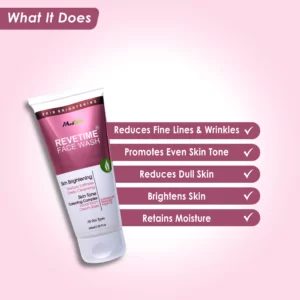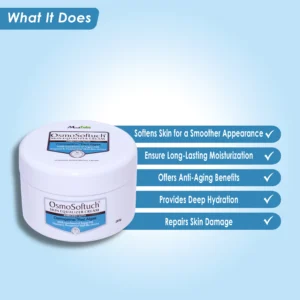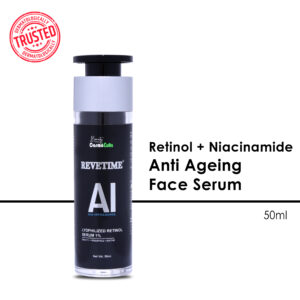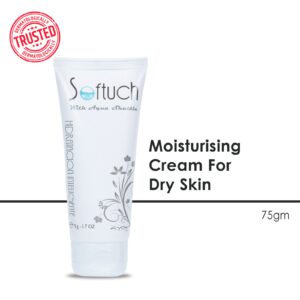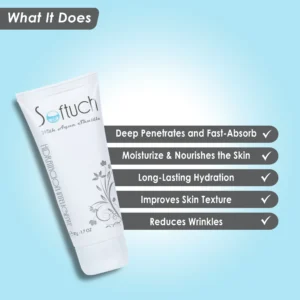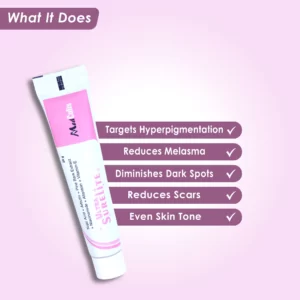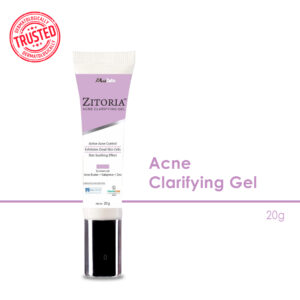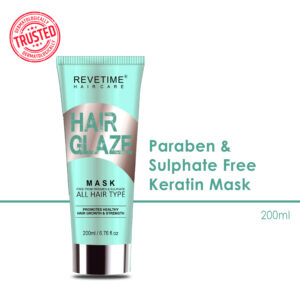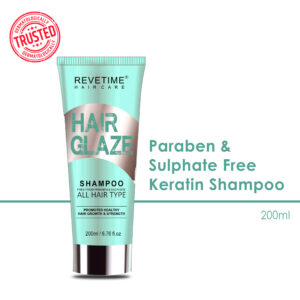
Expert Guide to Treating Dry and Acne-Prone Skin | Dermatologist-Recommended Tips
Discover dermatologist-recommended tips and product recommendations to effectively manage dry and acne-prone skin with the best skin care products. Learn about key ingredients, non-comedogenic products, and a balanced skincare approach for healthier, clearer skin.
-
Overview of the Common Issue of Dry Skin
Dry Skin is a prevalent dermatological concern that many individuals face. It occurs when the skin lacks sufficient moisture and natural oils, leading to a tight, flaky, and sometimes itchy complexion. Dry skin is attributed to various factors, including environmental conditions, genetics, and lifestyle choices.
-
The Relationship Between Dry Skin and Acne
Surprisingly, dry skin and acne are not mutually exclusive. They often go hand in hand. When the skin’s natural barrier is compromised due to dryness, it becomes more susceptible to external irritants and bacteria. These factors trigger acne breakouts, making the skin condition even more challenging to manage.
-
Importance of a Balanced Skincare Regimen
Achieving a balanced skincare routine is the key to addressing both dryness and acne. It’s crucial to strike the right equilibrium between hydrating the skin and controlling excess oil production. This balance helps restore your skin’s health and vitality with the help of the best skin care products.
The Role of Dry Skin in Acne Development
-
How Dry Skin Worsen Acne
Dry skin exacerbates acne by weakening the skin’s natural defences. When the skin lacks moisture, it produces more oil to compensate. This excess oil clogs pores, leading to blackheads, whiteheads, and pustules—common forms of acne. Moreover, dry skin results in micro-tears on the skin’s surface, creating pathways for acne-causing bacteria to thrive.
-
Factors Contributing to Dry Skin
- Genetics
Some individuals are genetically predisposed to having dry skin. If your parents or grandparents had dry skin, you may be more susceptible to it as well. Genetic factors influence how well your skin retains moisture.
- Age
As we age, our skin naturally becomes drier. The production of sebum (skin oil) decreases, leading to a decrease in the skin’s natural hydration. This age-related dryness contributes to skin issues like acne.
- Lifestyle
Certain lifestyle choices exacerbate dry skin. Excessive sun exposure, smoking, and an unhealthy diet lacking essential nutrients can all impact the skin’s ability to stay hydrated.
Key Ingredients for Treating Dry and Acne-Prone Skin
-
Hyaluronic Acid
Hyaluronic acid plays a vital role in repairing the skin’s moisture barrier by holding up to 1000 times its weight in water, ensuring continuous hydration that prevents excessive dryness. Hyaluronic acid sunscreen contributes to a healthier, more resilient complexion, protects from harmful UV rays and ultimately reduces the exacerbation of acne.
-
Niacinamide
Niacinamide, also known as vitamin B3, serves a dual purpose in skincare by controlling oil production to prevent clogged pores and acne breakouts, while also soothing inflammation and improving skin tone by fading post-acne marks, resulting in a more even complexion.
-
Vitamin C
Vitamin C is a powerful skincare ingredient with dual benefits: it acts as a potent antioxidant, shielding the skin from free radical damage caused by environmental stressors that can trigger acne. Vitamin C serum possesses anti-inflammatory properties that help alleviate redness and inflammation associated with acne breakouts.
-
Ceramides
Ceramides, vital lipids composing the skin’s barrier, play a pivotal role in maintaining moisture, preventing water loss, and combating dryness. Additionally, moisturisers with ceramides enhance the skin’s natural defences, offering protection against external factors that can exacerbate acne.
-
Salicylic Acid
Salicylic acid is another valuable ingredient for addressing dry and acne-prone skin. It exfoliates the skin’s surface, unclogs pores, and helps remove dead skin cells, making it an effective tool in preventing and treating acne. Facewash containing Salsphere (Salicylic acid) also has anti-inflammatory properties, which reduces redness and irritation associated with breakouts, promoting a smoother and clearer complexion. When used in conjunction with other key ingredients like tea tree oil and Moroccan argan oil, it enhances the overall effectiveness of your skincare routine.
Choosing Non-Comedogenic Products
The importance of non-comedogenic products lies in their ability to prevent pore blockage and breakouts in acne-prone skin. To ensure you’re choosing the right products, always look for the “non-comedogenic” or “won’t clog pores” label on the product packaging. This label indicates that the products you use won’t aggravate your acne issues.
Recommended Skincare Products
Non-Drying Face Cleanser
- Purpose and Importance
A gentle, non-drying facial cream-based facewash is the foundation of any skincare routine. It removes impurities, excess oil, and makeup without compromising your skin’s moisture barrier.
- Recommendation: Revetime face wash
Revetime Skin Brightening Face Wash is a gentle yet effective cleanser that brightens and revitalizes your skin.
This face wash helps reduce dark spots and uneven skin tone, leaving your skin refreshed and radiant.
Moisturizer
- The Necessity for All Skin Types
Moisturizing is essential for all skin types, including those with acne-prone skin. It maintains skin hydration, prevents dryness, and promotes a healthy complexion.
- Recommendation: Osmosoftuch Skin Equalizer Lotion
Osmosoftuch Skin Equalizer Lotion is the best body moisturizer for dry skin, a hydrating formula designed to balance skin moisture and promote a smooth, even complexion.
This lotion provides optimal hydration while reducing the appearance of uneven skin tone, leaving your skin feeling soft and revitalized.
Sunscreen (SPF)
- Importance of Sun Protection
Spf 50 sunscreen is your best defence against UV damage. It shields your skin from the sun’s harmful rays, preventing premature ageing and protecting against skin cancer.
- Recommendation: Sunsophic Pro SPF 50 Sunscreen Gel
Sunsophic Pro Sunscreen Gel is the best sunscreen for oily skin and offers advanced sun protection with a lightweight, non-greasy formula.
This SPF 50 sunscreen gel provides effective UV protection while being comfortable to wear, making it ideal for daily sun defence.
Conclusion
To manage dry and acne-prone skin, adopt a balanced skincare approach considering genetics, age, and lifestyle factors. Maintain a routine of gentle cleansing with Revetime Face Wash, hydration with Osmososoftuch Moisturizer, and sun protection for healthy skin with Sunsophic Pro SPF50 Sunscreen Gel and fewer acne issues with Zitoria Acne Clarifying Gel. Consistency is crucial for achieving a radiant complexion. For personalized advice, consult a dermatologist who can create a tailored skincare plan to maximize your skin’s health, as everyone’s skin is unique.





